Dentals
Veterinary Dentistry
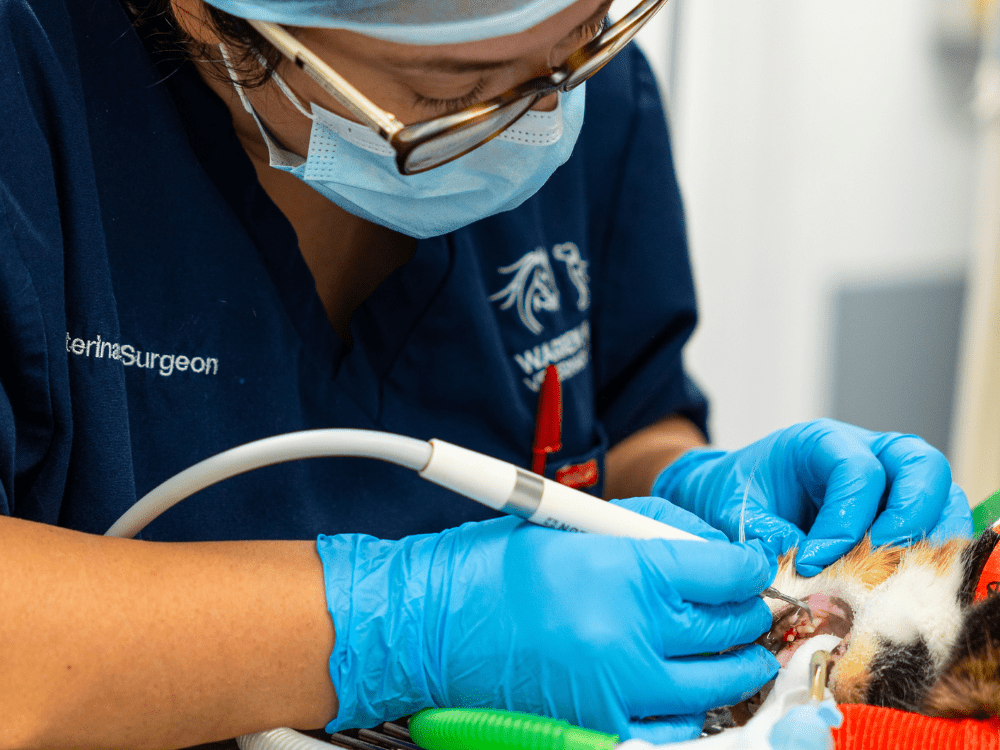

Dental Disease
Dental Check
Benefits:
Prevents systemic diseases (e.g., heart, liver, kidney issues)
Relieves pain and discomfort from dental problems
Improves appetite and nutrition by making eating easier
Eliminates bad breath (halitosis)
Extends lifespan by maintaining overall health
Enables early detection of other health issues
Improves behavior by reducing irritability caused by pain
Prevents tooth loss by preserving dental health
Reduces long-term costs by avoiding expensive treatments later
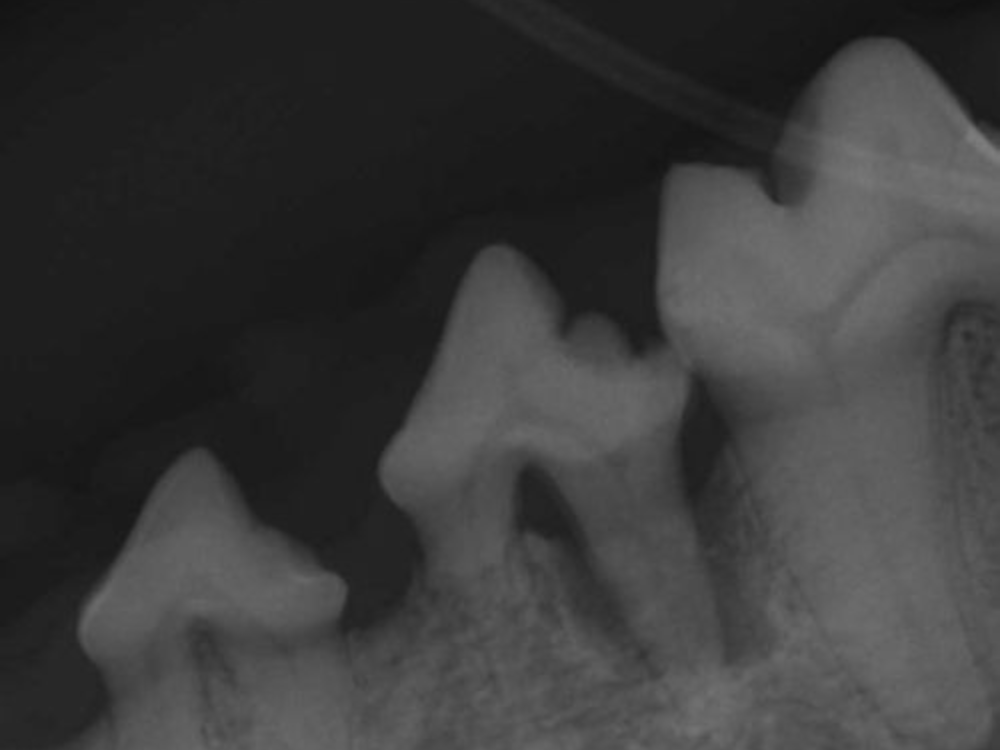
Gold Standard Dental Procedures ⭐️
Scale & Polish
The scaling and polishing procedure is done under general anaesthesia, the process involves the removal of plaque and tartar using a scaler or specialiaed hand tool. Once the tartar is cleared, a high-speed polishing tool smooths the teeth, which not only enhances appearance but also reduces rough spots, helping to prevent plaque buildup.
General Anaesthetic
Dental charting
Scale and polish
Stage 1
General anaesthetic
Dental X-RAYS
Dental Charting
Descale & Polish
Extraction of obviously wobbly teeth (charges apply)
Monitored anaesthetic recovery
Post-Op Checkup
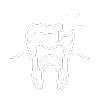
Stage 2
We offer a modern two-stage dental approach that aligns with human dental care. This two-stage method enhances anaesthetic safety by employing shorter procedures, furthermore, separating tooth extractions minimises bacterial exposure, reduces infection risks, and lessens the need for antibiotics.
General anaesthetic
Dental X-RAYS
Dental Charting
Descale & Polish
Surgical extraction of diseased and painful teeth.
Stitching of the gums to ensure rapid healing.
Pain relief to go home with.
Post-Op Checkup
Dental Problems in Dogs
Oral Infections
Tooth Fractures
Dogs enjoy chewing, but as a responsible pet parent, it’s important to recognise that certain items like bones or hard plastic can lead to tooth fractures or breaks in your pup. The risk of tooth fractures increases when your dog is chewing on objects that are overly large for their mouth.
Retained Baby Teeth
Types of dental disease
Gingivitis –
Gingivitis is an inflammation of the gums around the teeth, marked by redness, swelling, and discomfort. It usually results from plaque buildup, a sticky bacterial film on the teeth. With proper care, gingivitis can be reversed, restoring your pet’s gum health.
Periodontitis –
If left untreated, gingivitis can lead to irreversible periodontitis. Gum disease occurs due to excessive plaque buildup on your dog’s teeth. This sticky film of bacteria must be removed regularly; otherwise, it hardens into tartar, making it harder to eliminate.
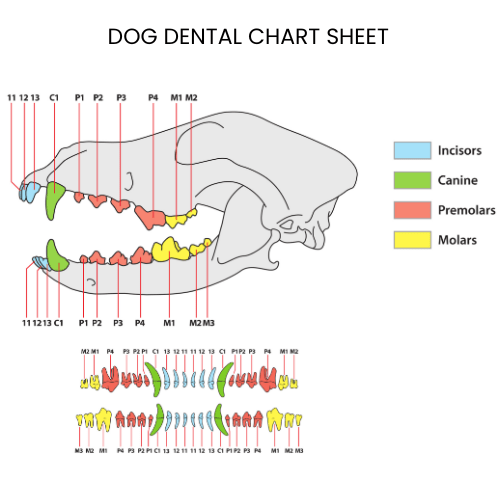
Dental Problems in Cats
Tooth Root Abscesses
A tooth root abscess in a cat is a painful infection that develops at the base of a tooth, usually due to bacteria entering through a cracked or decayed tooth. This condition can result in the accumulation of pus around the root, leading to considerable discomfort and the risk of serious complications if not addressed promptly.
Broken Teeth
Broken teeth can cause significant pain due to the presence of nerves within each tooth, making them particularly sensitive when damaged. This damage increases the likelihood of infections and tooth root abscesses, which often necessitates extraction to prevent further complications.
Retained Baby Teeth
Your cat’s baby teeth typically fall out by six months of age, and if they are retained, it can lead to overcrowding in the mouth. This overcrowding can trap food and bacteria, resulting in an increased risk of plaque and tartar buildup.
Types of dental disease
Gingivitis –
Gingivitis is an inflammation of the gums around the teeth, marked by redness, swelling, and discomfort. It usually results from plaque buildup, a sticky bacterial film on the teeth. With proper care, gingivitis can be reversed, restoring your pet’s gum health.
Periodontitis –
If left untreated, gingivitis can lead to irreversible periodontitis. Gum disease occurs due to excessive plaque buildup on your dog’s teeth. This sticky film of bacteria must be removed regularly; otherwise, it hardens into tartar, making it harder to eliminate.
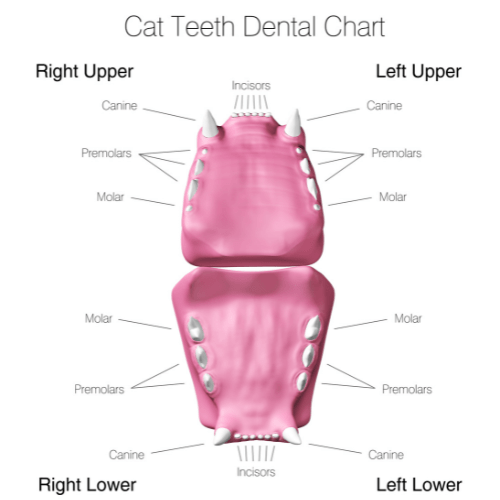
FAQ
Are multiple anaesthesia safe for my pet?
Why is the procedure split into two stages?
The procedure is split into two stages primarily to minimize your pet’s time under anaesthesia, as Stage I, including charting, scale and polish, and full mouth x-rays, can take up to one hour. Longer anaesthetics may cause low blood pressure and hypothermia, jeopardising your pet’s safety and recovery. This approach also facilitates effective planning for oral surgery, preventing the need for immediate intervention due to unexpected issues found during radiography. Conducting Stage II on a different day ensures a cleaner surgical environment and enhances the chances of a smoother, quicker recovery during both stages.
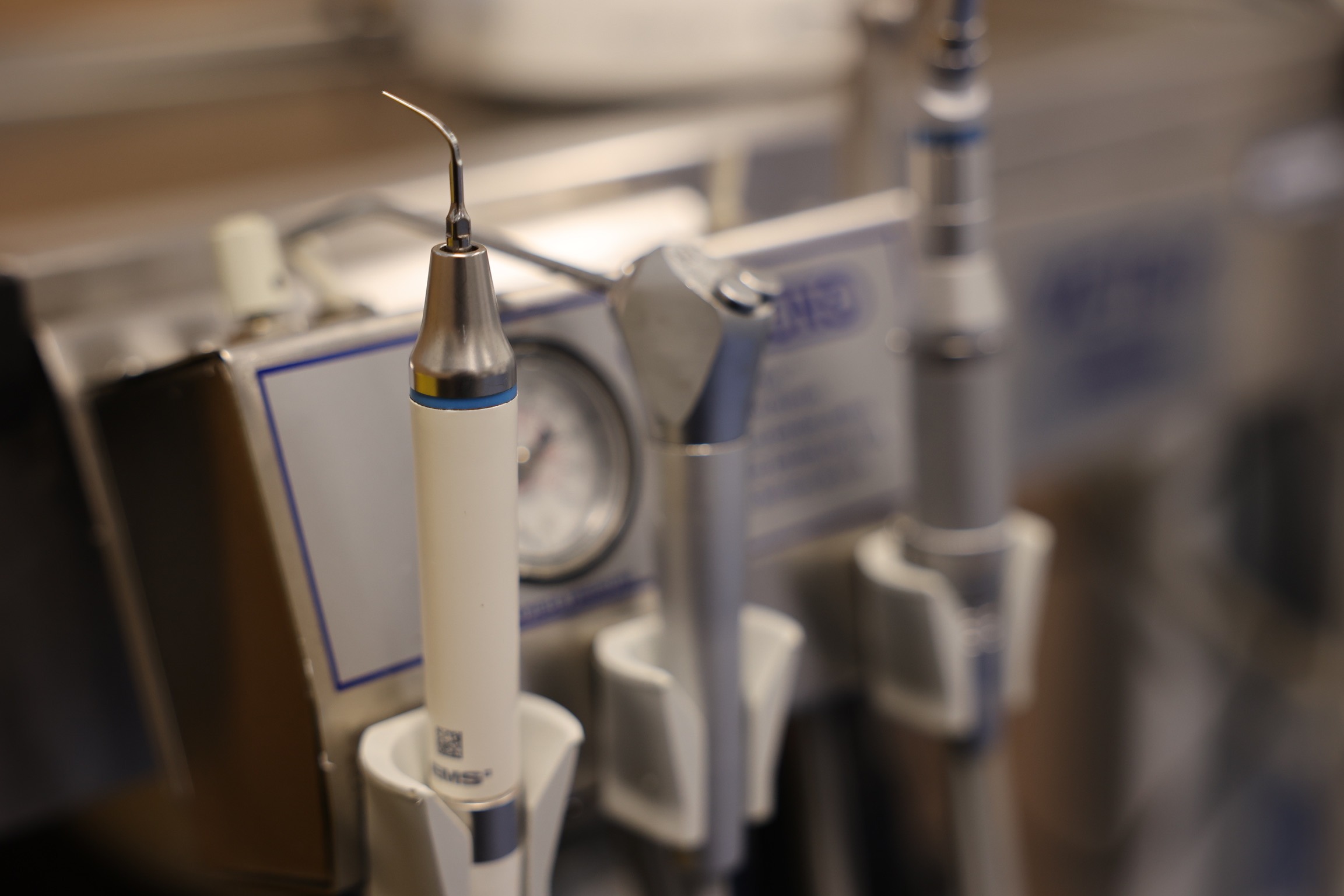
Schedule Your Pet's Dental Check-Up Today!
Don’t wait until your pet shows signs of dental pain. Regular dental care is essential for their overall health and well-being. Contact us today to schedule a dental appointment. Let’s work together to keep your pet’s smile bright and healthy!

